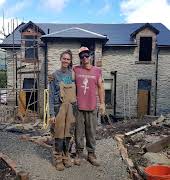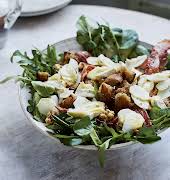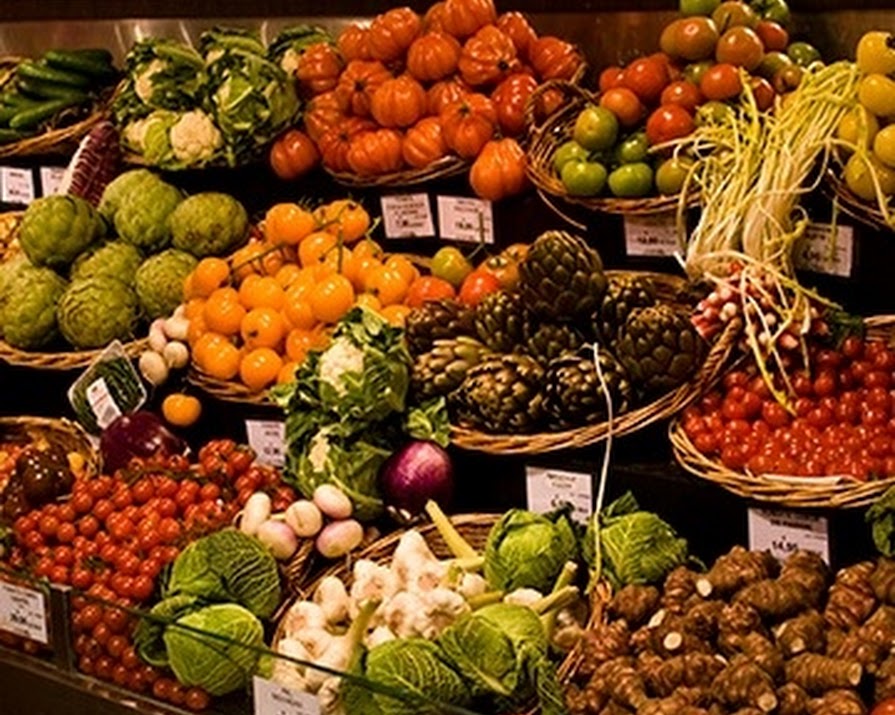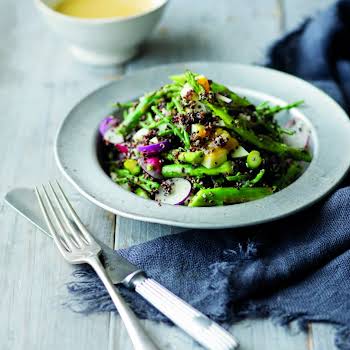
By IMAGE
17th Oct 2014
17th Oct 2014
There’s a tendency, when faced with an illness as threatening as cancer, to disregard the power of nutrition, with a full focus on traditional treatments. While this is normal, and nutrition alone won’t be enough, looking after your diet as your body endures the undesireable is of great importance. Here, nutritionist and holistic health coach Kaman Ryan talks us through this key yet often overlooked part in any cancer patient’s recovery.
Is there a tendency to think that nutrition would be of no help when cancer presents itself?
Nutrition would not be the first thing most people think about when they find out they have cancer. Everyone’s natural reaction is ?how do I get rid of it, as quickly as possible?? and first thoughts are typically about chemotherapy, radiation, surgery, and other immediate medical actions, rather than on nutrition. That’s fully understandable and correct. However, it is also important to understand that changes in nutrition can be a powerful tool in helping the body fight disease, even cancer. In the context of serious illness like cancer, nutrition should be thought of as complementing medical treatment.
Just how important is nutrition when facing a cancer diagnosis?
Nutrition is extremely important. When a person is faced with cancer, their body is under attack and their immune system is generally weakened. By increasing intake of foods rich in vitamins and anti-oxidants, such as berries or cruciferous vegetables like broccoli, we can help build up the immune system and generally make sure our body has all the nutrients it needs to continuously repair itself. Good nutrition can also help us feel as well as possible when preparing for, undergoing or recovering from cancer treatment. But nutrition is only one part of the equation.
We know a good diet can help reduce your risk of getting certain cancers, but if you do fall ill, can altering your diet at that stage really help in your recovery?
Every cell in the body requires continuous nourishment. If you are eating a balanced, varied diet with good sources of vitamins, healthy fats, minerals, protein and fiber, your body will be well nourished and better able to defend itself against illness. If one does become ill with cancer, the body is under an immense strain, but is still working to defend and repair itself, and as such good nutrition becomes more important than ever. Obviously, medical treatment is the first key to the cancer battle, but good nutrition, rest, and management of stress are also vitally important to the body’s natural recovery.
Would you say that a nutritional plan is very specific to a particular person dealing with a certain type of cancer or would there be nutritional advice you’d recommend to all cancer sufferers?
I’m a firm believer that there is no one-size-fits-all diet; every person is unique, with individualized nutritional requirements depending on factors such as lifestyle, occupation, medical history, body type and activity levels. However, I do recommend those dealing with cancer to eat a mostly plant-based diet with a wide variety of colored vegetables, fruits and berries, whole grains, nuts, and cold-water fish. Cruciferous vegetables such as broccoli, cauliflower, and cabbage, which contain sulforaphane, a sulfur compound that is believed to kill cancer cells and slow tumor growth. Berries are rich in beneficial phytonutrients, and antioxidants. Cold-water fish are rich in key omega-3 fatty acids. I would recommend decreasing the intake of animal fats, red meat, and dairy products. This will help to control inflammation in the body, which may promote growth of cancer cells. I would also suggest avoiding alcohol, refined sugar and simple carbohydrates such as white bread; these foods stimulate insulin production, which has been linked to cancer cell division. Although organic food and vegetables are more expensive, they are the best choice for cancer patients as they tend to contain more phytonutrients. Lastly, I would recommend using more ginger, garlic, onions, and turmeric, as these foods have anti-inflammatory effects. Green tea is also a great choice for general health promotion.
With the likes of chemo and radiotherapy, cancer patients’ appetite can really suffer due to the effects of the treatment, how do you help your clients ensure they still get the nutrition they need during these times?
I typically recommend juicing, smoothies, and bone broths for those who have a loss of appetite. Often, the loss of appetite manifests in aversions to certain tastes – for instance some people find salty foods or sweet foods make them nauseous. Once we know what the particular traits of the appetite loss are, we can tailor recipes to be as appealing as possible while still delivering the necessary nutrients. The wonderful thing about food is that because there are so many combinations and permutations, it is almost always possible to find foods to match dietary preferences, even in those whose appetites are suffering due to cancer treatment. Of course, there are also foods that some people find help alleviate nausea and assist in the return of appetite after cancer treatment. Again this is a highly individual thing and requires discussion and exploration.
We hear this a lot; do you recommend the use of probiotics?
Not for people on chemotherapy, as it could promote creation of cancer cells. Patients should confer with their oncologist to determine when to return to taking probiotics, typically 6 weeks after chemotherapy is completed.
Finally, do you see more people choosing to go down a holistic route these days, as well as opting for traditional treatments?
People usually opt for the more traditional treatments, but I have seen more people start to use holistic methods as a supplement. I think this is the correct approach. No one can argue with the amazing advancements made in cancer treatment, and anyone diagnosed with cancer today, particularly in a first world country, can take some comfort in knowing they are living in the best possible time in human history for beating the disease. But I also firmly believe that the effects of medical treatment can be enhanced by good nutrition, giving the best possible chances of beating cancer and recovering fully and quickly. Medical professionals also have an obligation to ensure that their patients understand the importance of factors like nutrition and stress management – and I do think they are now taking that obligation very seriously.
Donate to the Irish Cancer Society here – www.cancer.ie #PaintItPink
























